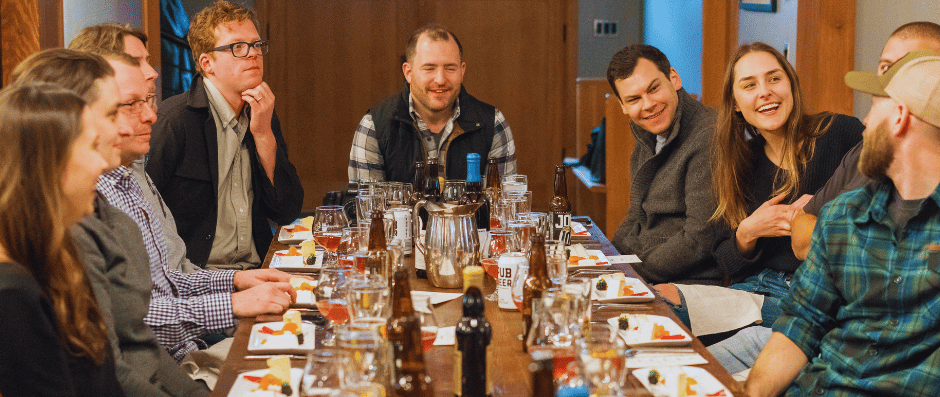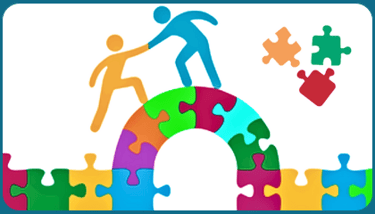Social Contracts
The lost foundation of culture is the agreements we have that we live by and share resources across the board (social contracts). This is humanity at its foundation, this is the basis of the U.S. Constitution, and the reason we can (mostly) live together. Let's talk about it?
SOCIAL CONTRACTS
Mark Boatwright-Frost
9/25/20242 min read


Human nature is a complex and often debated concept that raises fundamental questions about what it truly means to be human. While many assert that certain behaviors and traits are inherent to our species, the reality may be much more nuanced. We live in a world heavily influenced by cultural narratives and meme culture, which shape our beliefs about ourselves and others. This cultural framework often contradicts observed human behaviors, leading to confusion about our true nature. As we navigate life alongside others, it becomes evident that our understanding of human nature is not just a matter of science but also of the societal influences that dictate our actions and attitudes. Recognizing these contradictions can help us better understand our place in the world and challenge the narratives that limit our potential for growth and connection.
At every level of our interactions, we engage in "social contracts," which are the foundational agreements guiding how we coexist and collaborate. These contracts manifest in various forms, from everyday social etiquette to legal documents like our driver's licenses and the U.S. Constitution. While they may not always function perfectly, their effectiveness hinges on our collective commitment to uphold and adapt them as necessary. It is crucial that we teach these principles to our children, ensuring their relevance for future generations. However, many of us have relinquished the responsibility of updating these contracts to others who may not fully grasp their significance or intent. Recognizing that a problem exists is the first step toward resolution, as noted by Aaron Sorkin. The subsequent steps involve comprehending the nature of the issue and mustering the determination to address it. It is time for us to reclaim our role in this vital process.
To reclaim our vital role in shaping the future, we must begin by planting seeds of connection and nurturing our communal garden. This collaborative process involves learning and sharing, forming the bedrock of our social contracts. Gardening together fosters deep relationships, as sharing the harvest symbolizes the collective effort needed to address our shared needs. By breaking bread, we create opportunities to strengthen these bonds and repair our social fabric from the ground up. This cooperative spirit is essential for our progress as a species, as it illuminates the path forward. Together, we can cultivate a positive long-term outcome, ensuring that our future is not only sustainable but also enriched by the connections we forge along the way. Through unity and collaboration, we can grow a brighter tomorrow.
Just some thoughts... Mark Boatwright-Frost
The Resilient Community Movement
In today's ever-changing world, the importance of fostering resilience within neighborhoods and communities cannot be overstated. By facilitating connections among residents, we empower individuals to share their stories and experiences, creating a strong support network. This collaborative spirit not only enhances the well-being of community members but also amplifies their voices, ensuring that their unique human needs are recognized and addressed.
Contact and Connect
info@reseco.org
© 2024. All rights reserved.
